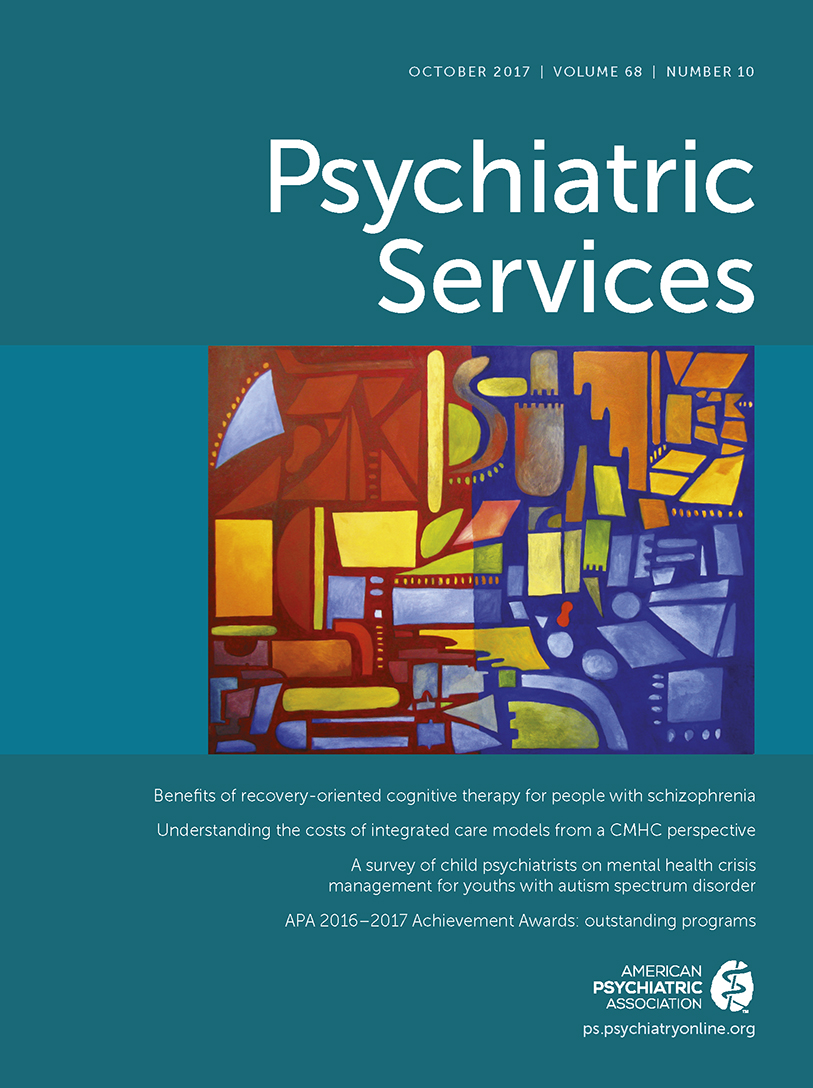Development and Validation of a Scale Assessing Mental Health Clinicians’ Experiences of Associative Stigma
Abstract
Objective:
Mental health professionals who work with people with serious mental illnesses are believed to experience associative stigma. Evidence suggests that associative stigma could play an important role in the erosion of empathy among professionals; however, no validated measure of the construct currently exists. This study examined the convergent and discriminant validity and factor structure of a new scale assessing the associative stigma experiences of clinicians working with people with serious mental illnesses.
Methods:
A total of 473 clinicians were recruited from professional associations in the United States and participated in an online study. Participants completed the Clinician Associative Stigma Scale (CASS) and measures of burnout, quality of care, expectations about recovery, and self-efficacy.
Results:
Associative stigma experiences were commonly endorsed; eight items on the 18-item scale were endorsed as being experienced “sometimes” or “often” by over 50% of the sample. The new measure demonstrated a logical four-factor structure: “negative stereotypes about professional effectiveness,” “discomfort with disclosure,” “negative stereotypes about people with mental illness,” and “stereotypes about professionals’ mental health.” The measure had good internal consistency. It was significantly related to measures of burnout and quality of care, but it was not related to measures of self-efficacy or expectations about recovery.
Conclusions:
Findings suggest that the CASS is internally consistent and shows evidence of convergent validity and that associative stigma is commonly experienced by mental health professionals who work with people with serious mental illnesses.



